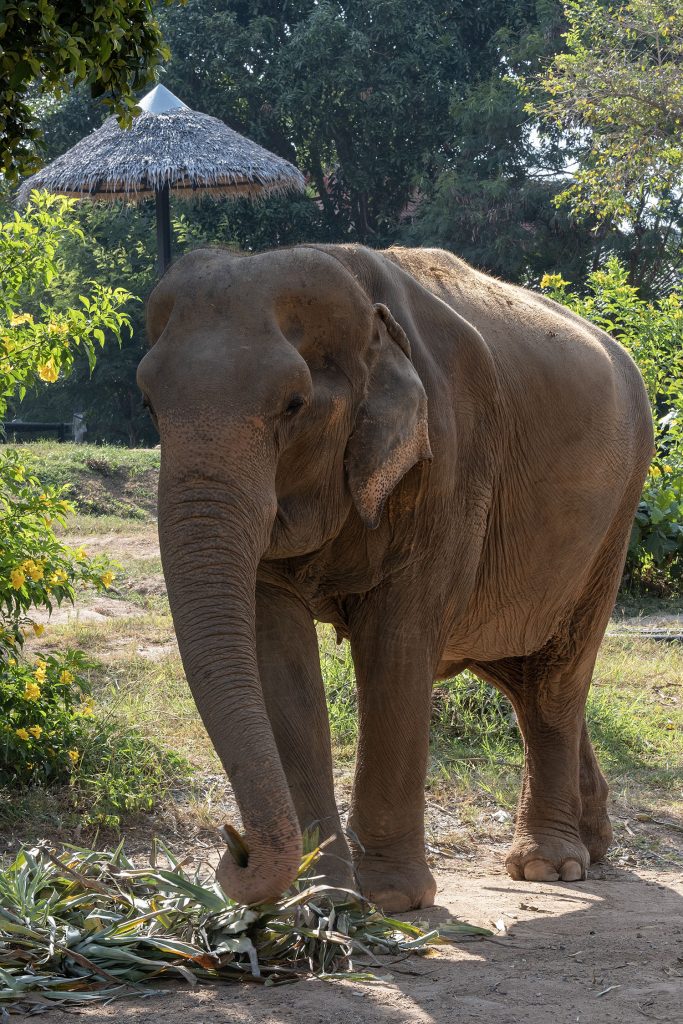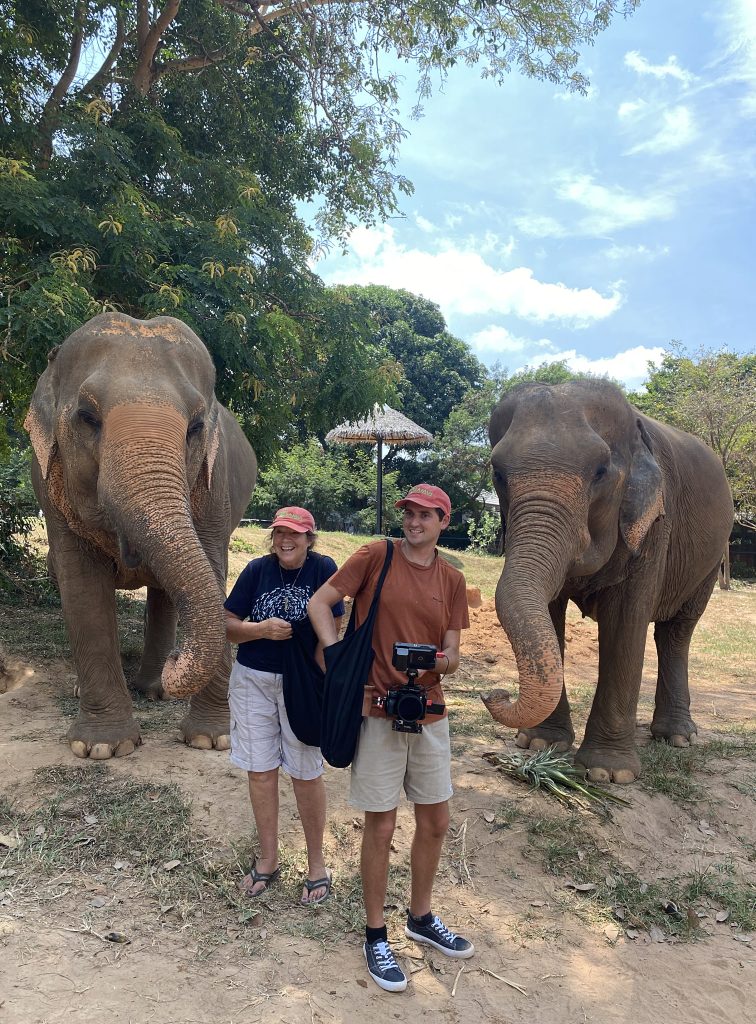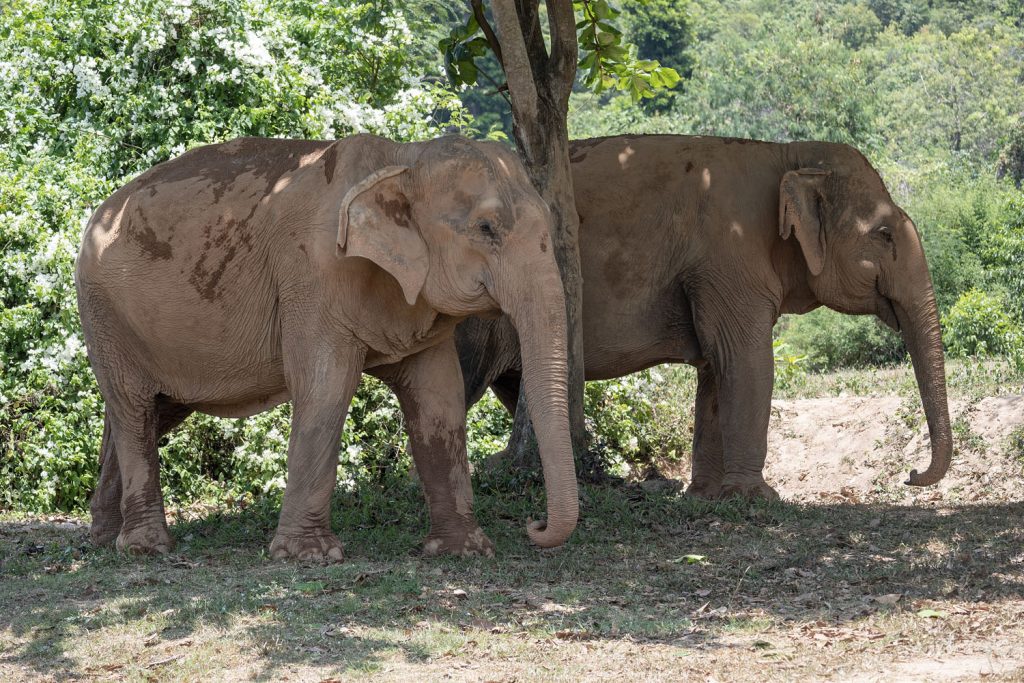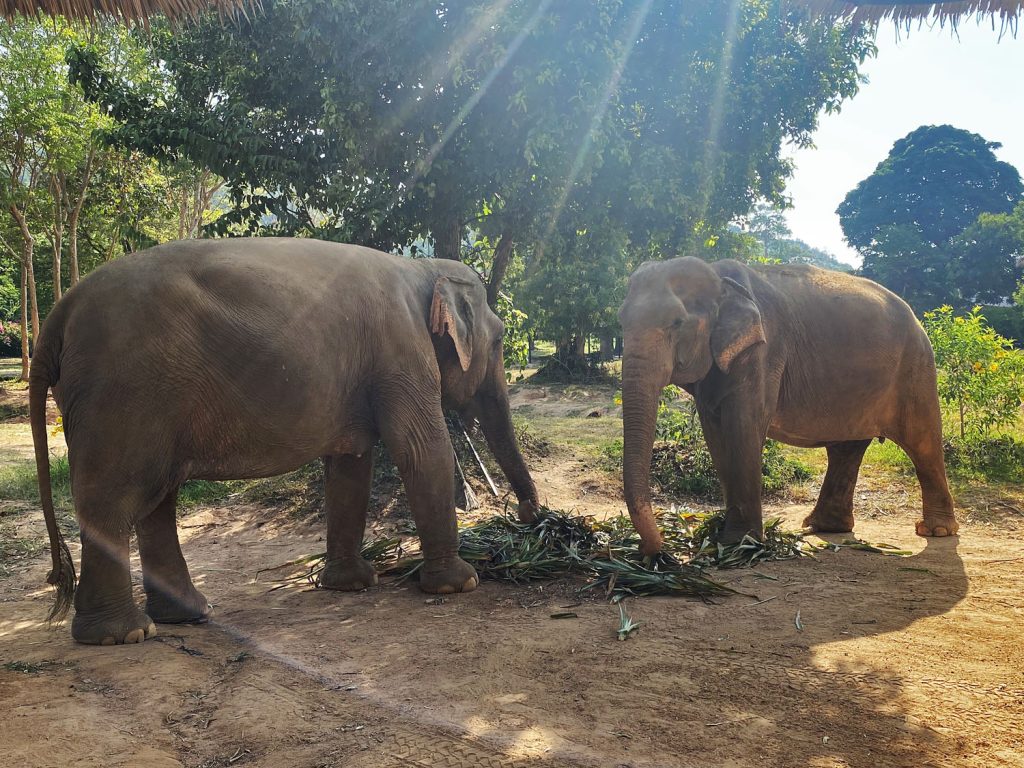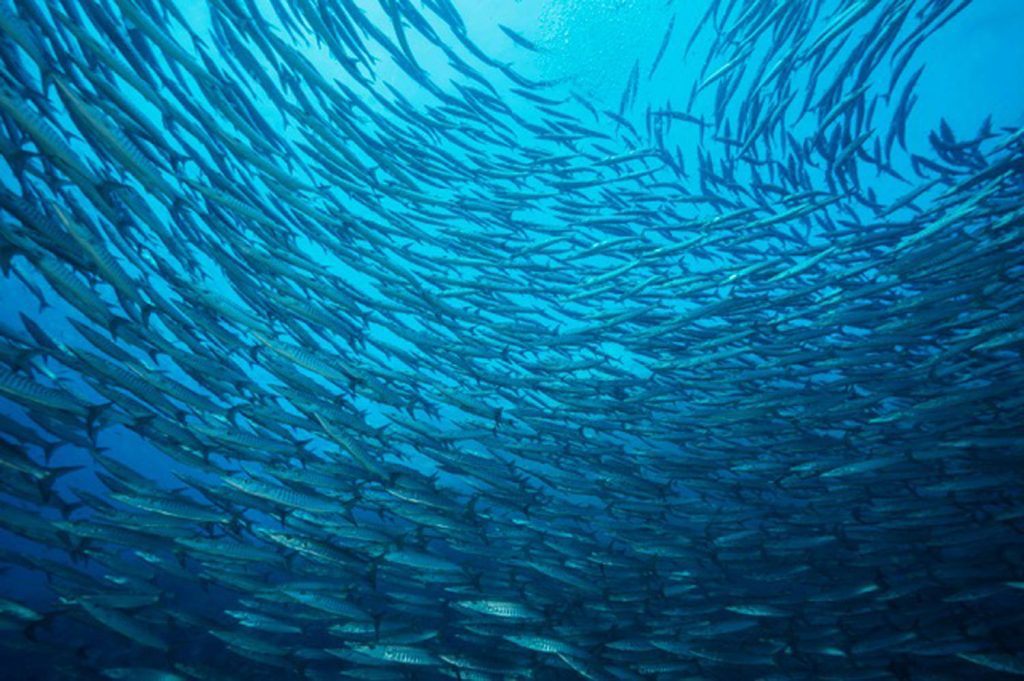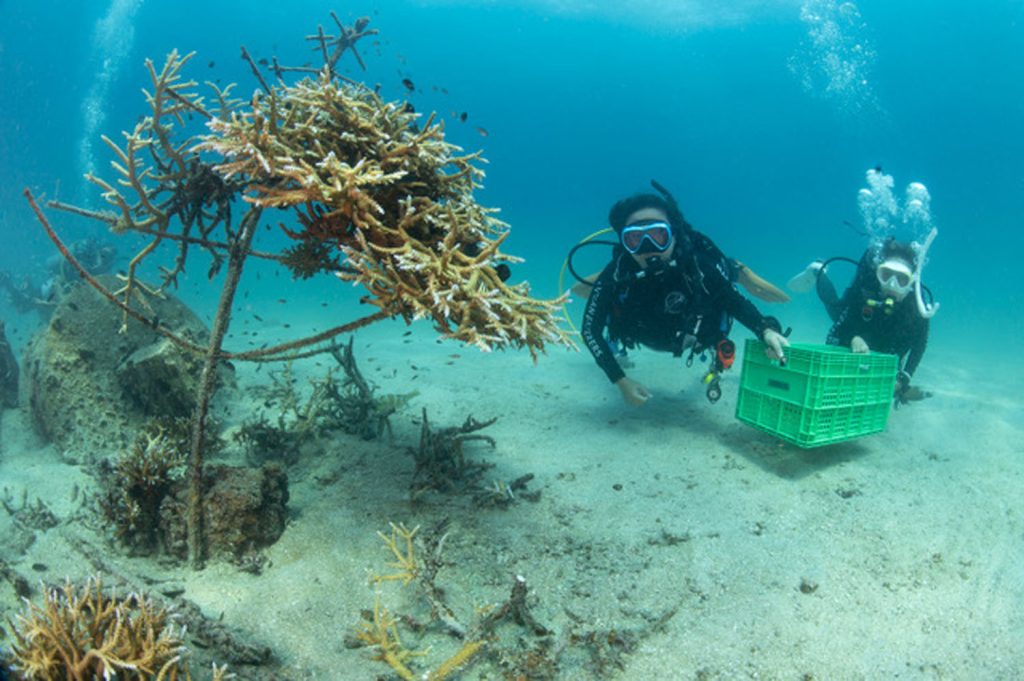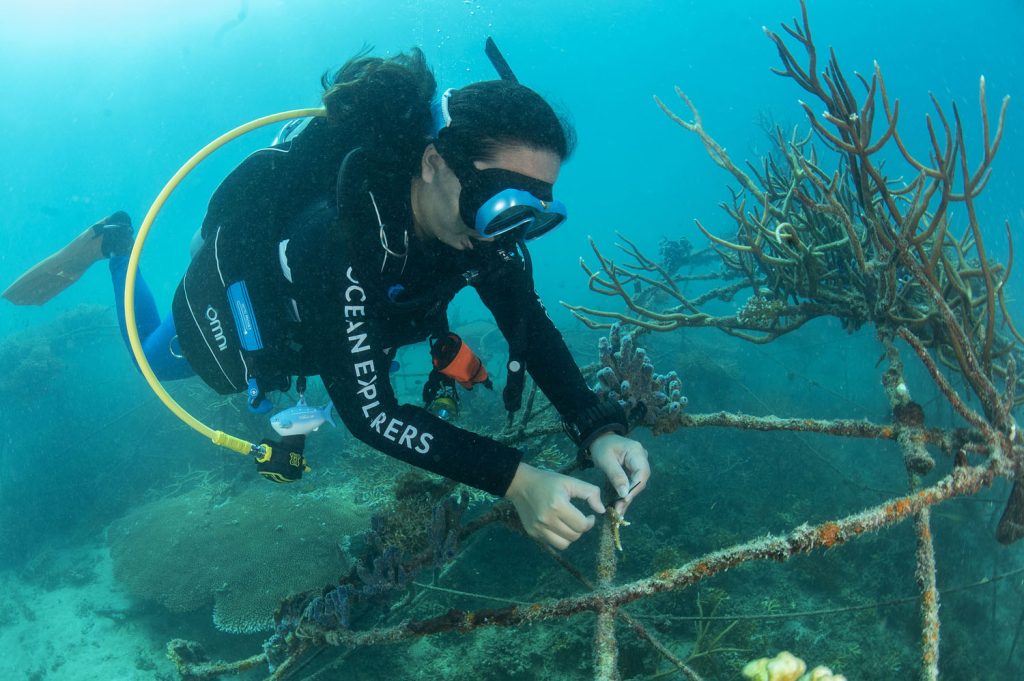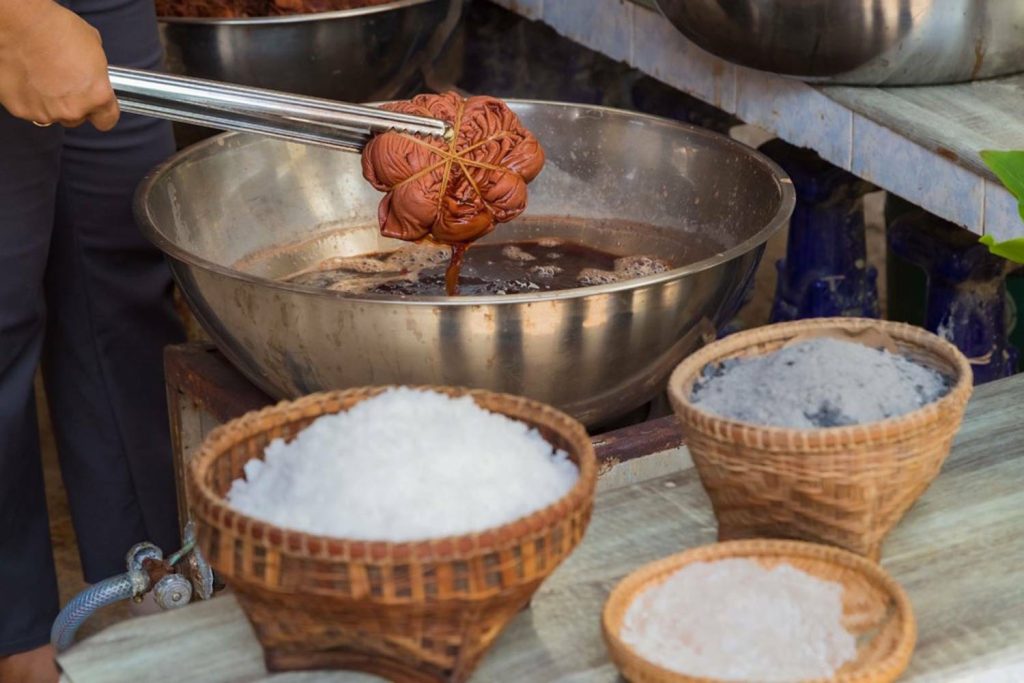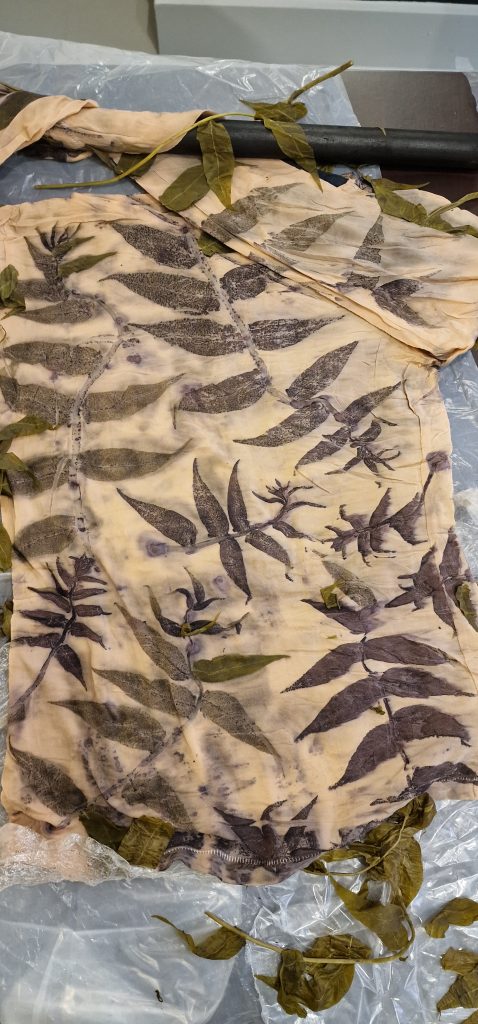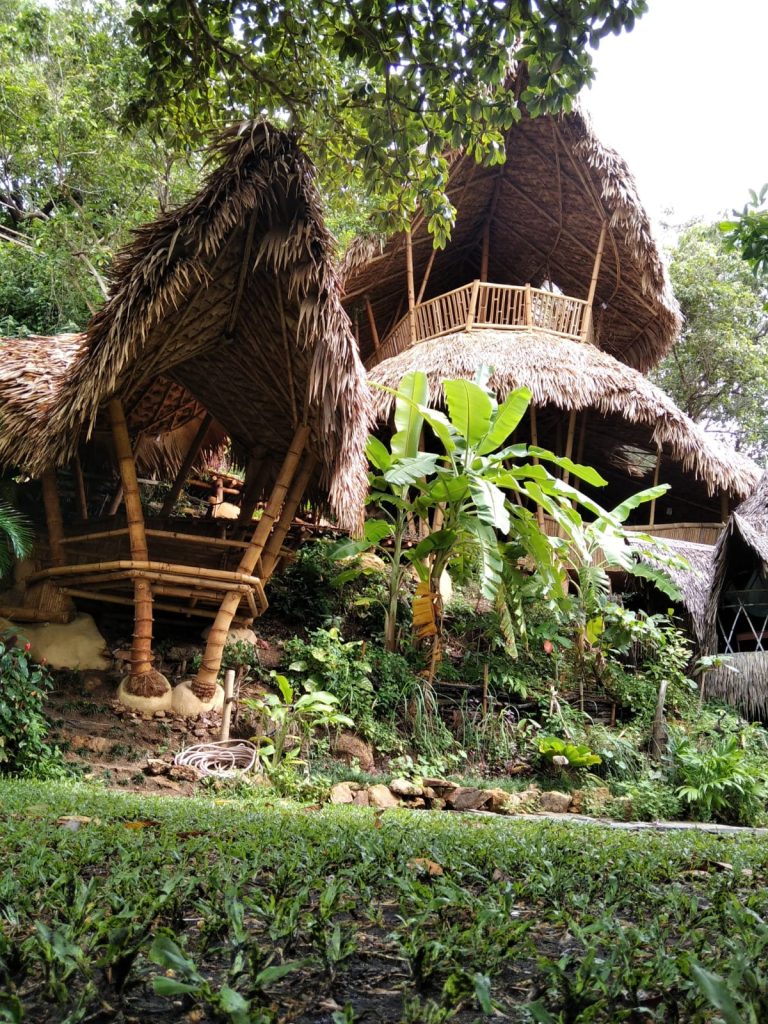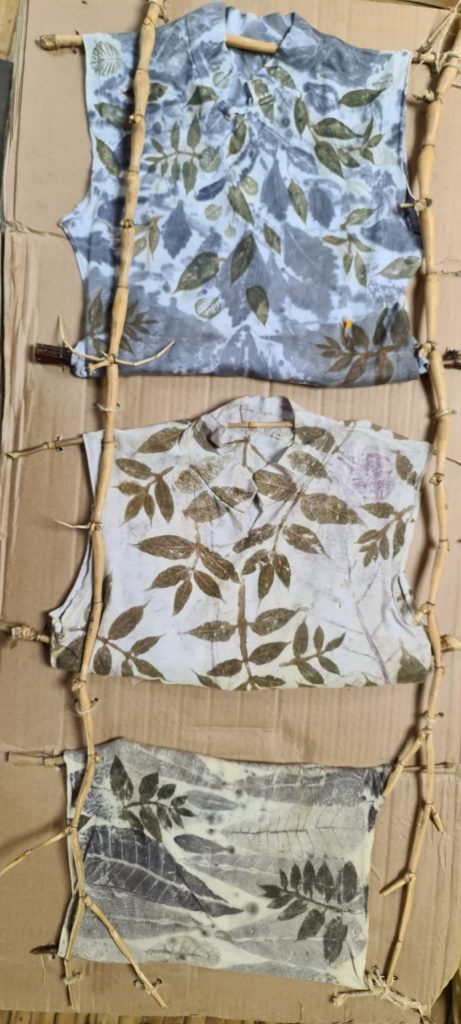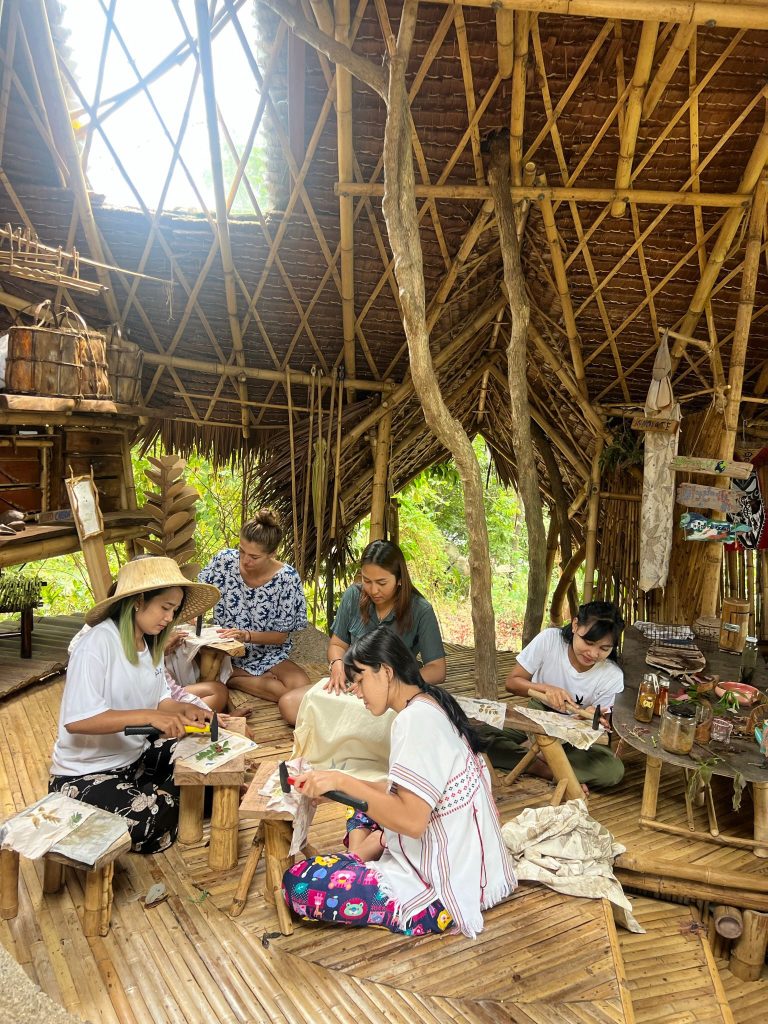Thailand is fast becoming a leader in responsible tourism, providing visitors a wide range of sustainable attractions, activities, and accommodation offerings.

Visitors to popular holiday destinations such as Koh Samui, Koh Phangan and Koh Tao can choose from carbon neutral hotels, take part in local conservation efforts, enjoy paddock to plate fine dining and support local communities.
Koh Samui
Koh Samui’s tourism operators and local communities are committed to low-impact, environment-friendly travel experiences, providing many ways for travellers to experience the natural beauty of this region sustainably.
A great example of this is the Samui Elephant Sanctuary. The sanctuary opened at Bophut in 2018 and is so popular that a second location has since opened in Chaweng Noi. Both venues are set amid forests, creating a safe retirement home for elephants that have served in the logging and tourism industries. Visitors can feed and walk with the elephants – or simply watch them enjoy their freedom as they socialise and romp in the muddy pools.
Koh Tao
Koh Tao has embraced a sustainable lifestyle for many years, proactively reducing waste and putting considerable energy into research and sustainability projects. Community gardens, organic composting, solar panel installations, and the natural production of biogas are just a few strategies some local businesses are using to decrease their consumption levels and work towards more sustainable practices.
The island now celebrates its world-famous marine environment with an annual festival, Spotlight Koh Tao, which in fact spotlights marine conservation issues. Visitors to the festival can choose from a selection of revitalisation activities, everything from beach clean-ups to zero-waste Thai cooking classes.
The island’s diving community were among the first to witness the effects of over-tourism, pollution and climate change on local reefs and have joined forces to monitor reef health, manage regular underwater clean-ups and nurture coral restoration projects. Some, such as Black Turtle Dive have taken this step further with the development of marine conservation courses, internships, and workshops for visiting divers.
Another sustainable activity for visitors is a tie-dying workshop with Coco Tie Dye. Tie-dying is a zero-waste endeavour and cottage industry that provides income for locals. The workshop provides guests with an understanding of the island’s natural resources, combining education with a fun and focused artistic activity.
Koh Phangan
Nestled between Koh Samui and Koh Tai, Koh Phangan is famous for its wild full moon parties but is now becoming better known as a hub for alternative thinking and eco-conscious travellers.
A great example of this is Indigo Coral House. A craft workshop and accommodation run by the passionate duo Fatimah and Matteo, the property was built using sustainable bamboo, with construction methods refined to minimise use of non-renewable resources.
The House is also a haven for Burmese refugees, providing a safe space for them to live, where they can learn craft techniques such as leaf printing and weaving so they can create their own pieces and sell them at the markets to make an income. Tourists are also invited to these workshops to about leaf printing, composting, and building with bamboo.

